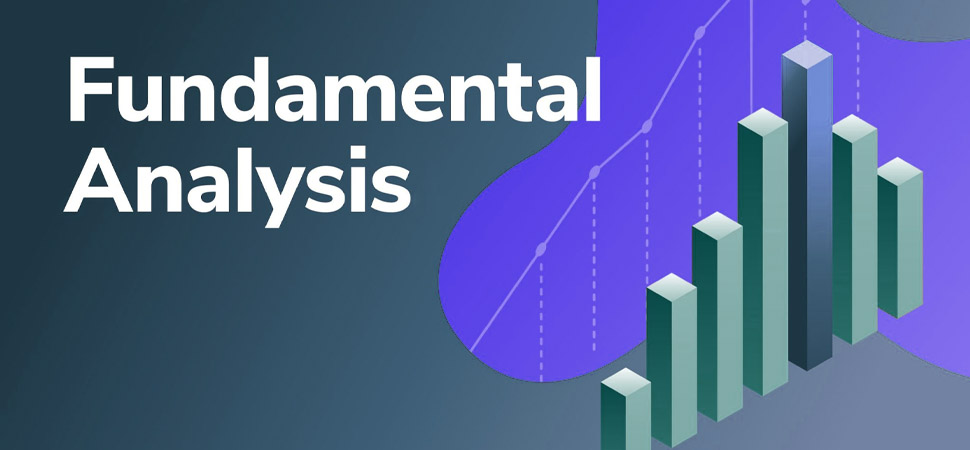23.11.2024
Евгений Лебедев
173

In the Forex market, there are two main methods traders use to make decisions. These are technical analysis and fundamental analysis. While technical analysis focuses on charts and historical data about price movements, fundamental analysis examines the economic factors that affect the value of currencies. This guide provides an introduction to fundamental analysis and its use in Forex trading.
What is fundamental analysis?
Fundamental analysis is an approach to assessing the value of a currency by examining key economic, financial and geopolitical factors. It aims to identify the key factors that influence currency fluctuations such as inflation, economic growth, interest rates, political environment and other key macroeconomic indicators.
Why is fundamental analysis important?
Fundamental analysis plays an important role in currency trading as it helps traders identify long-term trends and make informed decisions. Unlike technical analysis, which focuses on short-term price movements, fundamental analysis provides a broader perspective. By understanding fundamentals, traders can predict market trends and adjust their strategies.

Key Elements of Fundamental Analysis
Economic indicators are key indicators of the health of the economy. For example, GDP growth provides information about the overall productivity of the economy, inflation affects the purchasing power of a currency, and employment data indicates stability or tightness in the labor market. Consumer confidence plays an important role; it reflects people's willingness to buy. All these indicators help to predict future developments in the currency market.
Interest rates are one of the most important factors. Central banks control the economy by regulating interest rates. Usually, high interest rates attract foreign investment and increase the value of a currency, while low interest rates cause it to depreciate. Announcements by central banks about possible changes in interest rates affect market movements and are therefore carefully analyzed by traders.
The geopolitical environment also plays an important role. Political instability, military conflicts, trade restrictions and changes in government policies often cause volatility in the foreign exchange market. For example, regime changes and tensions between countries can affect investor confidence and cause significant currency fluctuations.
Market sentiment, although subjective, is a very important factor when analyzing. Market sentiment is influenced by economic data, news and the overall confidence of market participants. Understanding how market sentiment affects supply and demand allows traders to spot undervalued or overvalued assets.
Tools for fundamental analysis
Traders use a variety of tools to conduct analysis. For example, economic calendars provide information on upcoming events such as GDP releases, central bank meetings and economic reports. This helps in developing a plan of action and anticipating changes in the market. Reliable news sources are also an important part of analysis. Platforms that publish data on financial events such as Bloomberg, Reuters and government reports provide up-to-date information needed to make informed decisions.
Equally important are statements from central banks. Their reports describe monetary policy plans and actions that may affect the exchange rate. Analyzing these statements allows you to anticipate changes in the economy. Thus, fundamental analysis is a comprehensive approach that combines the study of macroeconomic data, financial news and the political environment to develop a successful trading strategy.

Strategy for utilizing fundamental analysis:
- Identify the most influential economic indicators that affect the currency pair you are trading. Understand how these indicators are calculated and their historical significance.
- Follow the economic calendar and monitor the release of important economic data. Compare actual data with market expectations and assess its impact on the value of your currency.
- Pay attention to central bank reports, interest rate decisions and other policy changes. Understand the significance of these decisions and predict their impact on the value of your currency.
- Keep abreast of geopolitical events that may affect the currency market. Analyze the possible consequences of these events and adjust your trading strategy accordingly.
Conclusion
Fundamental analysis is a powerful tool that allows traders to gain a complete understanding of the currency market. By analyzing economic indicators, interest rates, geopolitical factors and market sentiment, traders can make informed decisions and predict long-term trends. Incorporating fundamental analysis into your trading strategy will improve your ability to navigate the complex world of Forex trading and increase your chances of success.
